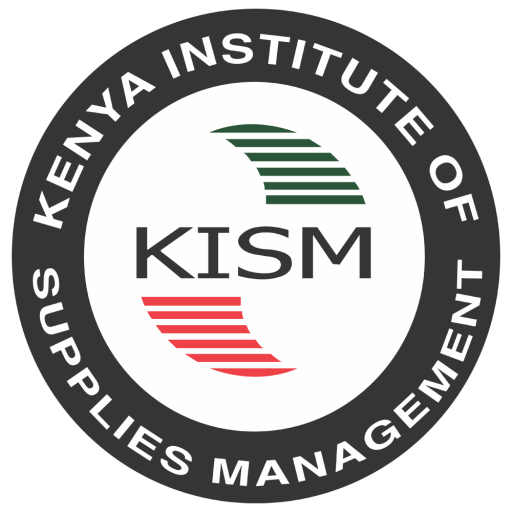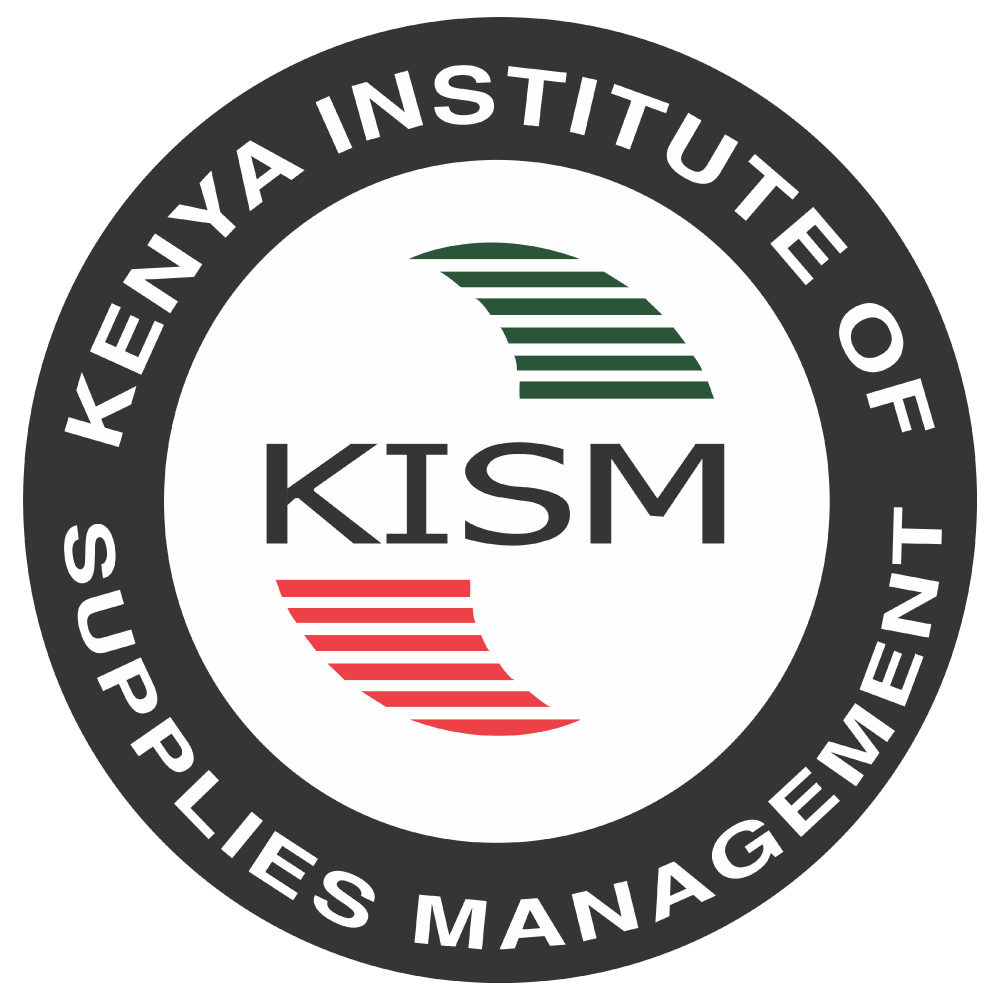The Kenya Institute of Supplies Management “Institute” is a body corporate established under Section 3 of the “Supplies Practitioners Management Act, 2007”. The mandate of KISM is to amongst others make provision for the training, registration, and licensing of supplies practitioners; to regulate their practice and for connected purposes. The Supplies Practitioners Management Act, 2007 provides the legal basis for KISM to serve as the central authority overseeing the professional standards, licensing, and regulation of supplies practitioners in Kenya. Through its mandate, KISM promotes ethical and professional practices in supplies management, contributing to the country’s sustainable economic and social development.
The Act sets forth KISM’s mandate as follows:
- Licensing and Registration: Section 6 of the Act confers upon KISM the authority to register and license qualified persons in the supplies management profession.
- Discipline and Code of Conduct: The Act mandates KISM to enforce a code of conduct and take disciplinary action against practitioners who violate the set professional standards.
- Capacity Building: As stipulated in Section 10, KISM is tasked with facilitating continuous professional development and capacity building for supplies practitioners.
- Advisory and Advocacy Role: KISM is mandated to provide advisory services to government entities, private sector organizations, and other stakeholders on matters related to supply chain management.
- Establishment of Standards: KISM is mandated to develop and enforce standards for supplies practitioners to promote ethical conduct, professionalism, and integrity within the supply chain sector.
- Research and Policy Input: Section 15 mandates KISM to conduct research and provide policy recommendations on best practices in supplies management.

Governance & Management of the Institute
The Institute is governed by a Council which is made up of:
- Chairman, who is member of the Institute with at least five years’ experience, elected by the members of the Institute. The Charman holds office for a term of three years and is eligible for re-election for one further term of three years
- The permanent Secretary in the Ministry responsible for Finance
- The Director-General of the Public Procurement Oversight Authority, and
- Six other members elected by members of the Institute
The Council has the overall responsibility of ensuring that the Institute has the right management structure that puts in place the right policies, processes, procedures, organizational culture, and values that support the Institute in its strategic planning aimed at meeting its mission as well as carrying out its fiduciary responsibility of monitoring and overseeing the activities of the Management.

